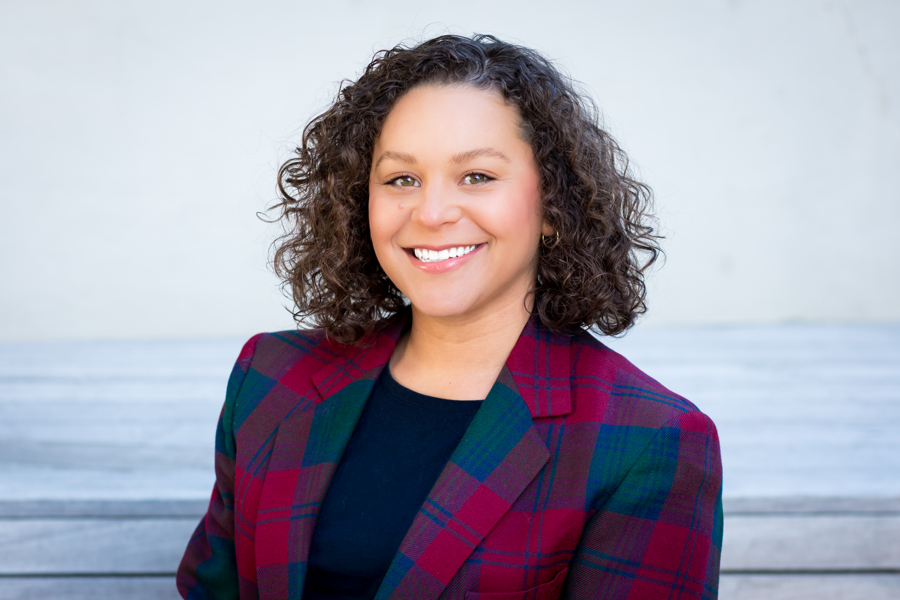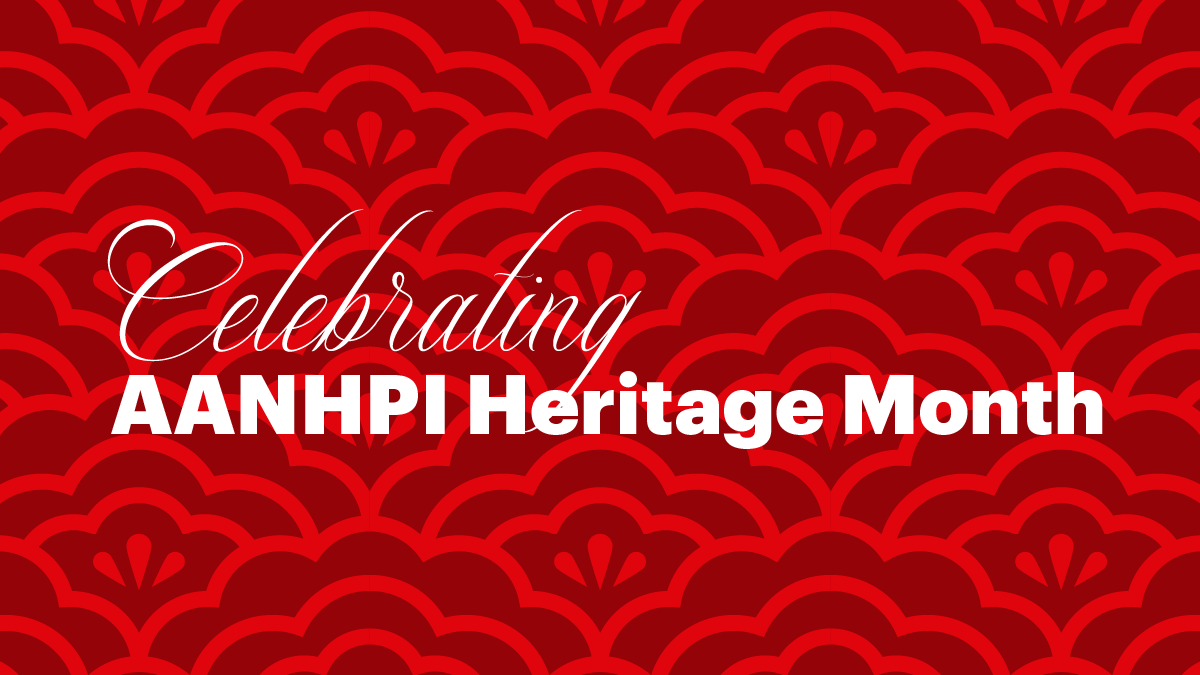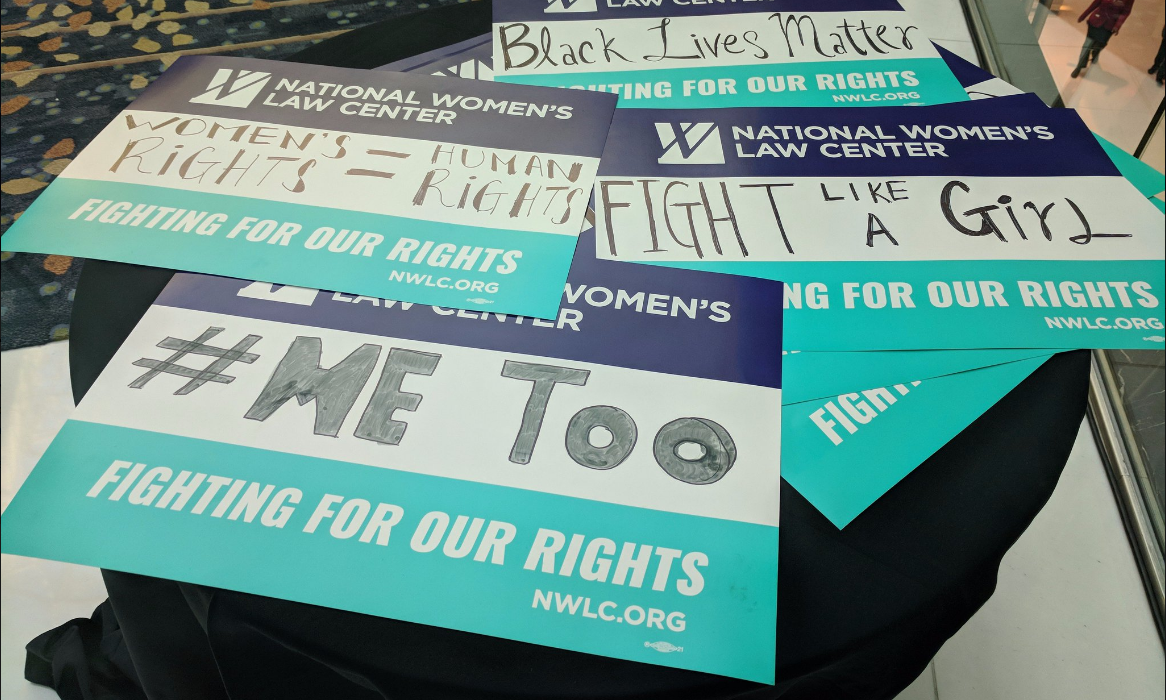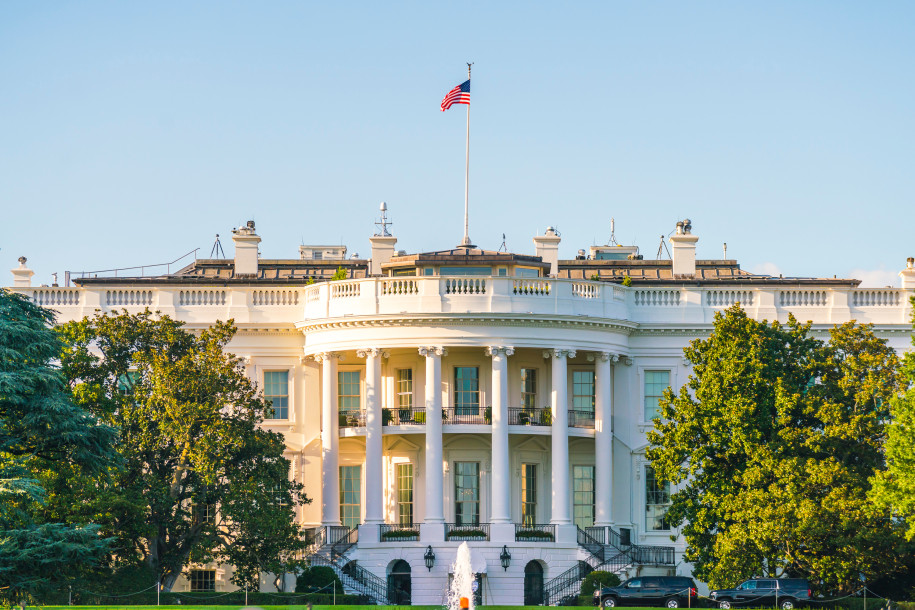Why You Can Tear Women’s History Month and Other Identity-Based Celebrations From My Cold, Dead Hands
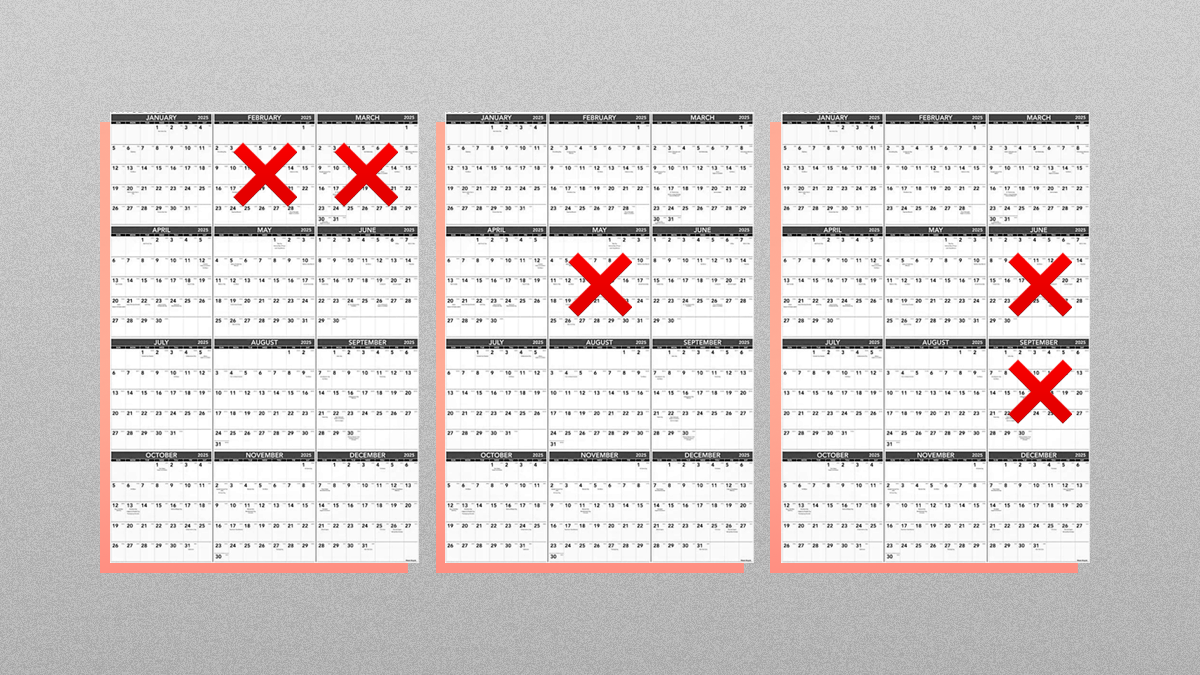
While Elon Musk and Donald Trump fearmonger and lie about what DEI is—and most certainly is not—people, businesses, and communities everywhere are scaling back their identity-specific celebrations in response to their “ban woke” agenda. Google wiped Black History Month, Pride Month, and Women’s History Month from its online calendar. Some federal agencies have barred similar celebrations in their offices. Aside from these sweeping moves being disheartening, I don’t think complying is a way for us to survive, much less truly get free.
What so much of the anti-DEI backlash misses is why identity-based observances and celebrations started in the first place. DEI as a concept and practice was implemented to include people who were otherwise purposely excluded. Anyone against DEI is someone wanting to pretend like our differences don’t exist; you can shutter celebrations and make people hide, but we will still always be here. Like many things created by women, Black people, people of color, and the LGBTQIA+ community, these observances were meant to, yes, recognize the struggle and strife of particular groups, but also (and this is the part that often gets lost!) to serve as a source of community and fellowship for the group. HBCUs came about when Black people were excluded from other colleges and universities. Women’s sports teams exist because women weren’t allowed on men’s teams (and because of proactive interventions like Title IX). These spaces enabled groups of people who were not allowed in the mainstream equivalent, whether it be educational institutions or sports teams, to find each other and build community.
Identity-based spaces and celebrations don’t mandate that everyone “become” what that group is or claim that any group is better or superior to everyone else; they allow us all to reflect, celebrate, and convene in a space that was built specifically for us and by us. Historically, when the government or general culture is hostile to us because of our identities, it’s these identity-based connections that bolster our fights ahead and provide much-needed respite from a racist, sexist world constantly attacking us.
For decades, Women’s History Month has been a time to meditate on our foremothers, admire the progress we’ve made, and further advance our collective fights toward equality. None of this should be considered controversial or “political”—because it isn’t.
When anyone (including the Trump administration) tries to erase our history, it’s a step toward erasing our existence—which is sadly the aim of so many of the people loudly advocating against celebrating our individual identities. This March, NWLC will be giving Women’s History Month its flowers—just like we did Black History Month and just like we will Pride Month and so many other observances throughout the year. Whether you hold a small celebration with close friends or neighbors, donate anonymously to causes advocating for women, or individually reach out to women in your life, I hope you take time to honor Women’s History Month this March.
If you’re someone who is hurt that Women’s History Month could come under fire but don’t bat an eyelash when Black History Month or Pride Month is being demonized, I invite you to reflect on that this month. As Fannie Lou Hamer once said long ago, “nobody’s free until everyone is free.” And as Franchesca Ramsey comedically sang, “I never thought the leopards would eat my face.” But that’s the thing about freedom and systematic oppression: it’s all interconnected. Fascism will eventually come for us all, so it’s more important than ever to band together and hold our communities close.

